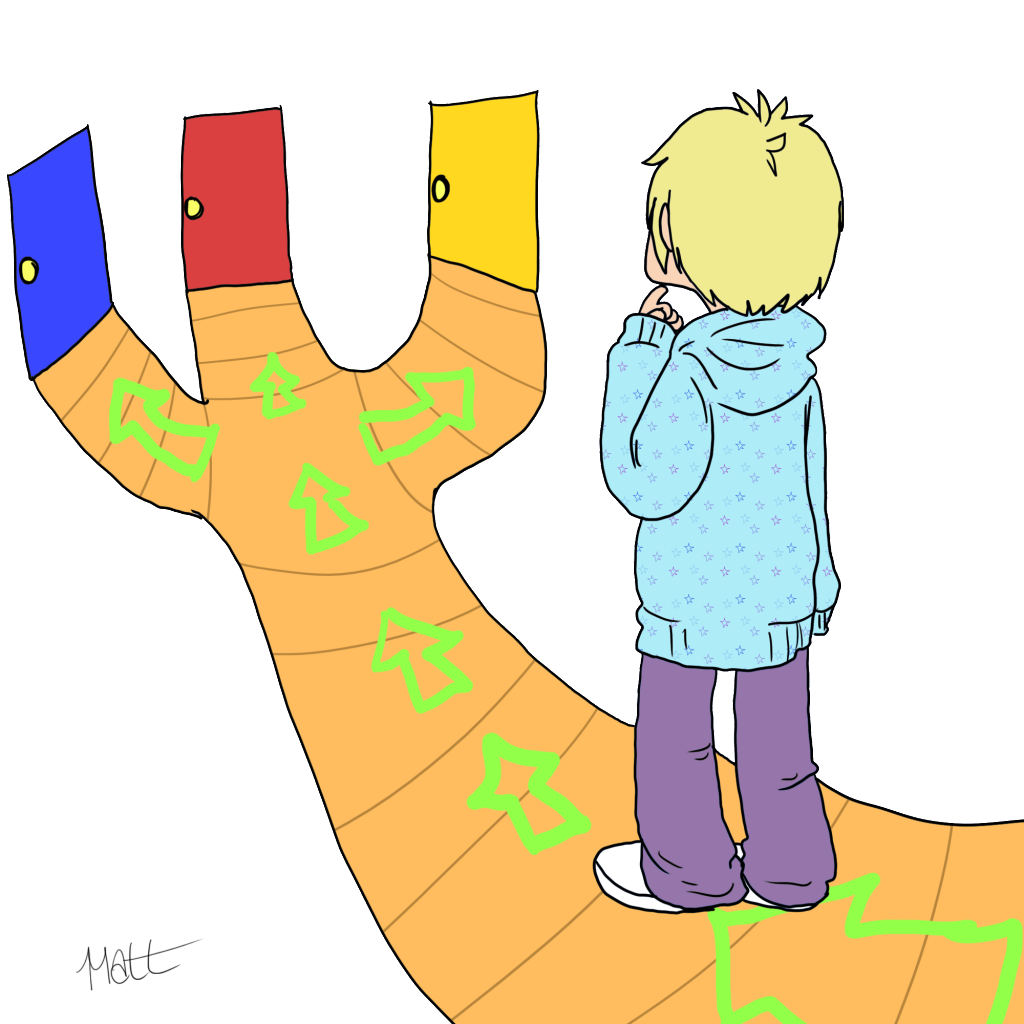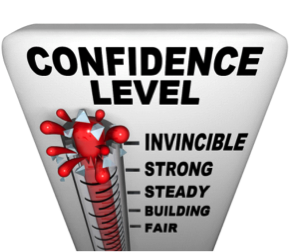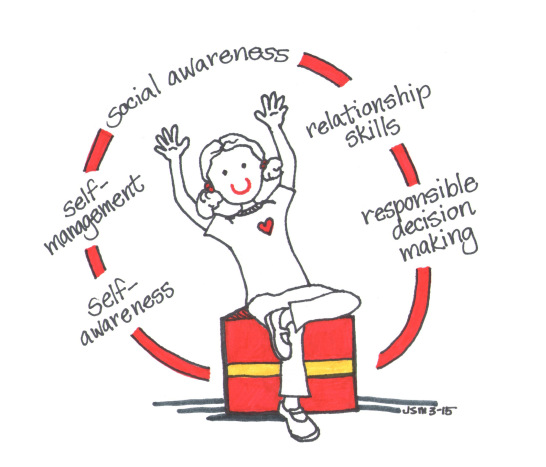by: Kristen Whiteman, Research Intern

It’s the first day of camp and the campers are all getting settled in and learning about what camp has to offer. They have many opportunities ahead of them in the coming days at camp, lots of choices to make about what they will do and what they will learn. They do not know that what they will be learning will be much more than a new skill or a love for the outdoors. They will be gaining autonomy, building resilience, fostering self-esteem, and building confidence through this experience; and it’s all by design.
One of the philosophies we use in working with the kids we serve is Positive Youth Development (PYD). In the past, programs for at-risk youth have focused on prevention, aimed at keeping youth from engaging in unsafe and precarious behavior. While a program implementing PYD principles also does this, the focus is more on teaching youth that they have strengths that can not only benefit each youth individually but also their peers, family, and community.
PYD gives youth an opportunity to partner with those around them to become a resource for themselves and others. Youth.gov explains PYD this way:
“Positive youth development involves youth as active agents. Adults may set the structure, but youth are not just the recipients of services. Youth are valued and are encouraged to bring their assets to the table.”
This is a different way of looking at the youth involved and changes the way they view themselves. One study (Sanders et al, 2015) conducted to ascertain whether this approach leads to better outcomes for at-risk youth found that PYD appears to enhance the youth resiliency process when working with vulnerable youth. Using PYD as part of a prevention program emphasizes the need for youth to become resilient and promotes self-efficacy; encouraging healthy emotional and mental development, not just preventing dangerous behavior.

Before a youth can feel “encouraged to bring their assets to the table” they need to realize that they have assets that are worthy of being recognized. One way of helping a youth recognize these strengths is to help them discover them by encouraging participation in activities that will challenge the youth but will also allow them to overcome that struggle, gaining insight through the experience. This is called experiential learning. The Association for Experiential Education (AEE) says that this type of learning is “Challenge and experience followed by reflection leading to learning and growth.” It is really learning by doing.
One of the principles of Experiential Education, or EE, is that the learner takes the initiative in their learning. AEE states, “Throughout the experiential learning process, the learner is actively engaged in posing questions, investigating, experimenting, being curious, solving problems, assuming responsibility, being creative, and constructing meaning.” This type of learning promotes autonomy, or independence, by having the youth assume responsibility for their own learning. We want our youth to develop independence because this leads to resilience. Resilience is a strategy for an individual to cope with the stress that they encounter, and we know that the youth of today will encounter a lot of stress over their lifetimes. We want our youth to be able to have the tools to work through the challenges that they will face, and to be able to be strong in the process.
We know that at Camp Colley we have such a short time with our campers. Because of our desire to inspire youth, we believe that providing a safe environment, focused on helping youth develop a positive self-image through experiential learning, will help the youth we serve to gain confidence, foster self-esteem and build resilience.

Yes, summer camp is just beginning and our campers have many choices in the days ahead for learning and growth. We can’t wait to see what they choose and to help them start on their journey of self-discovery.
